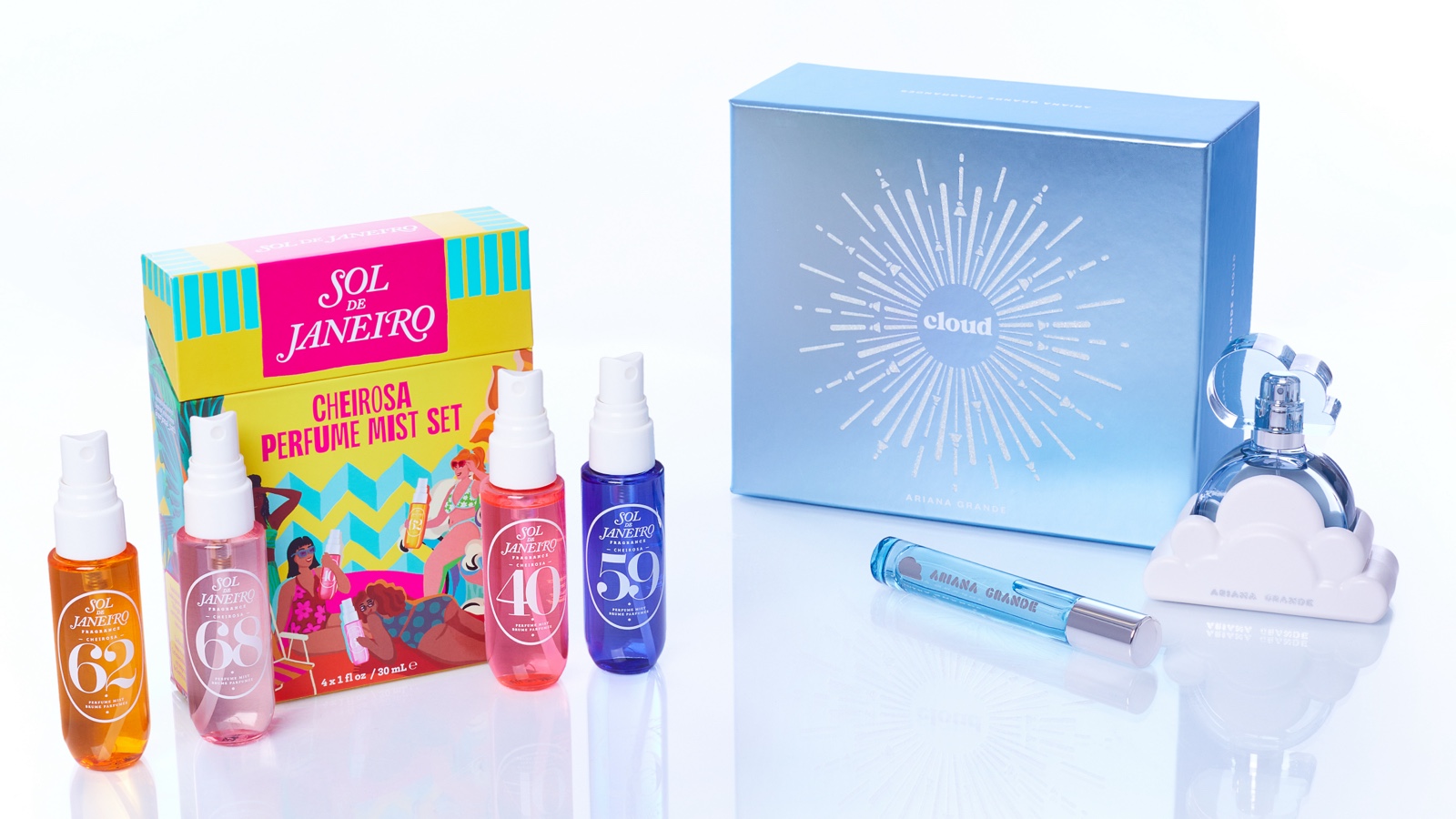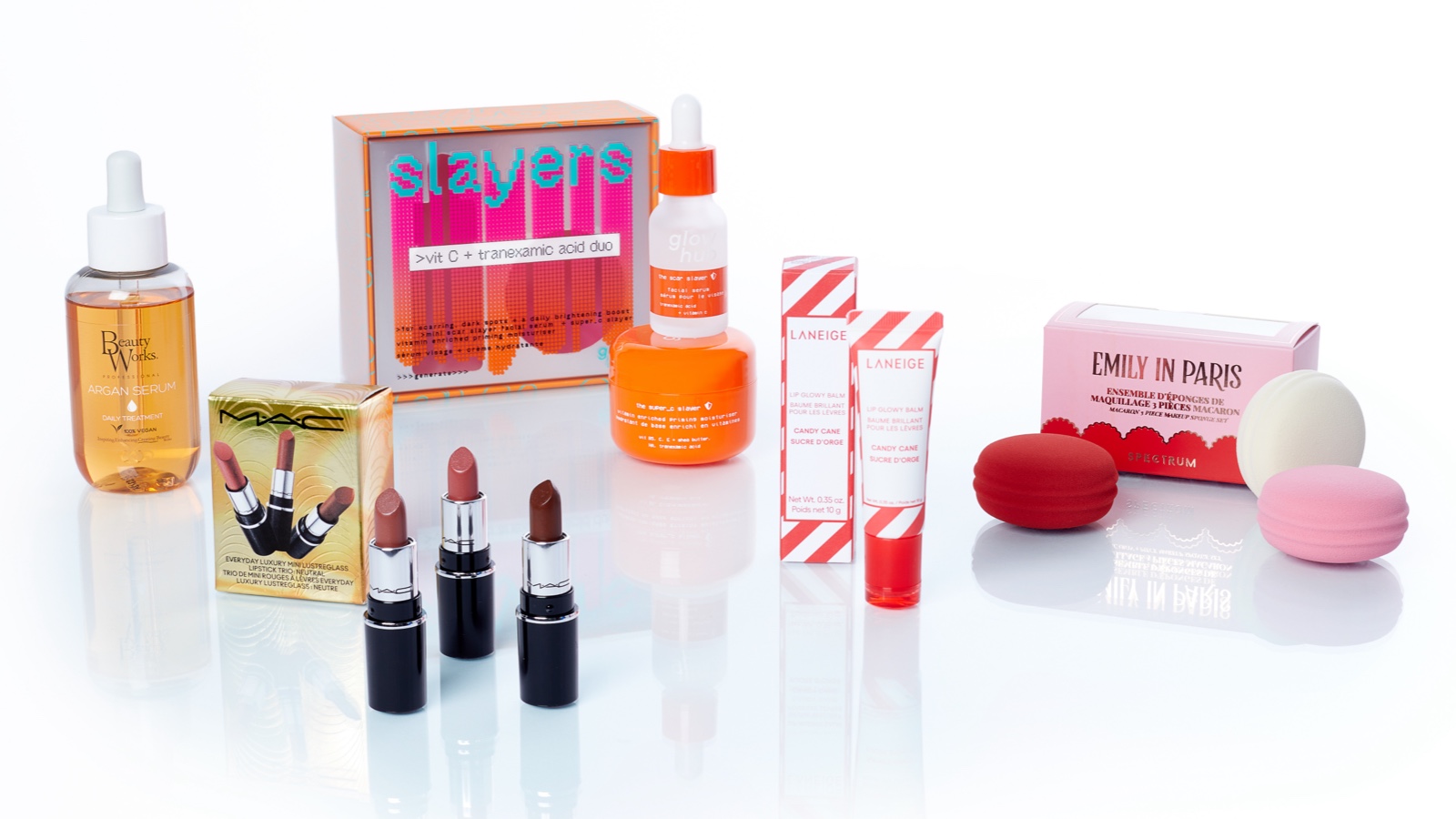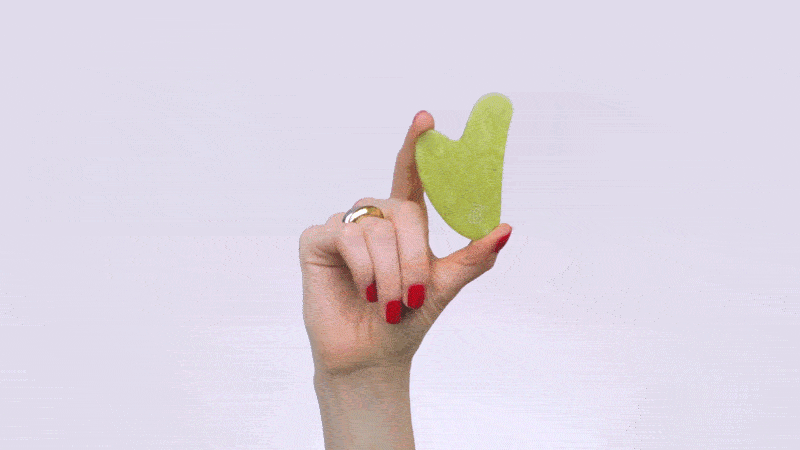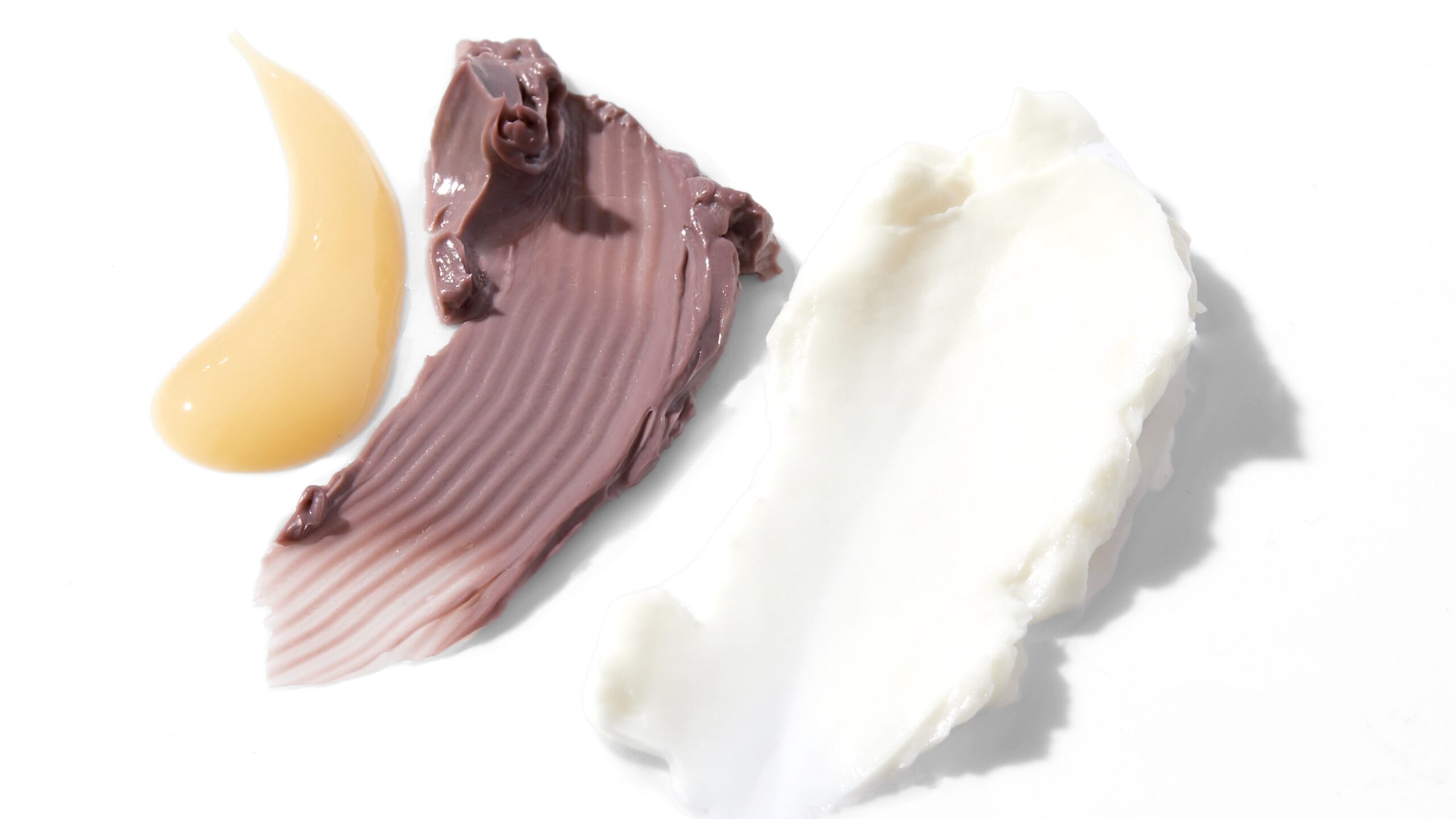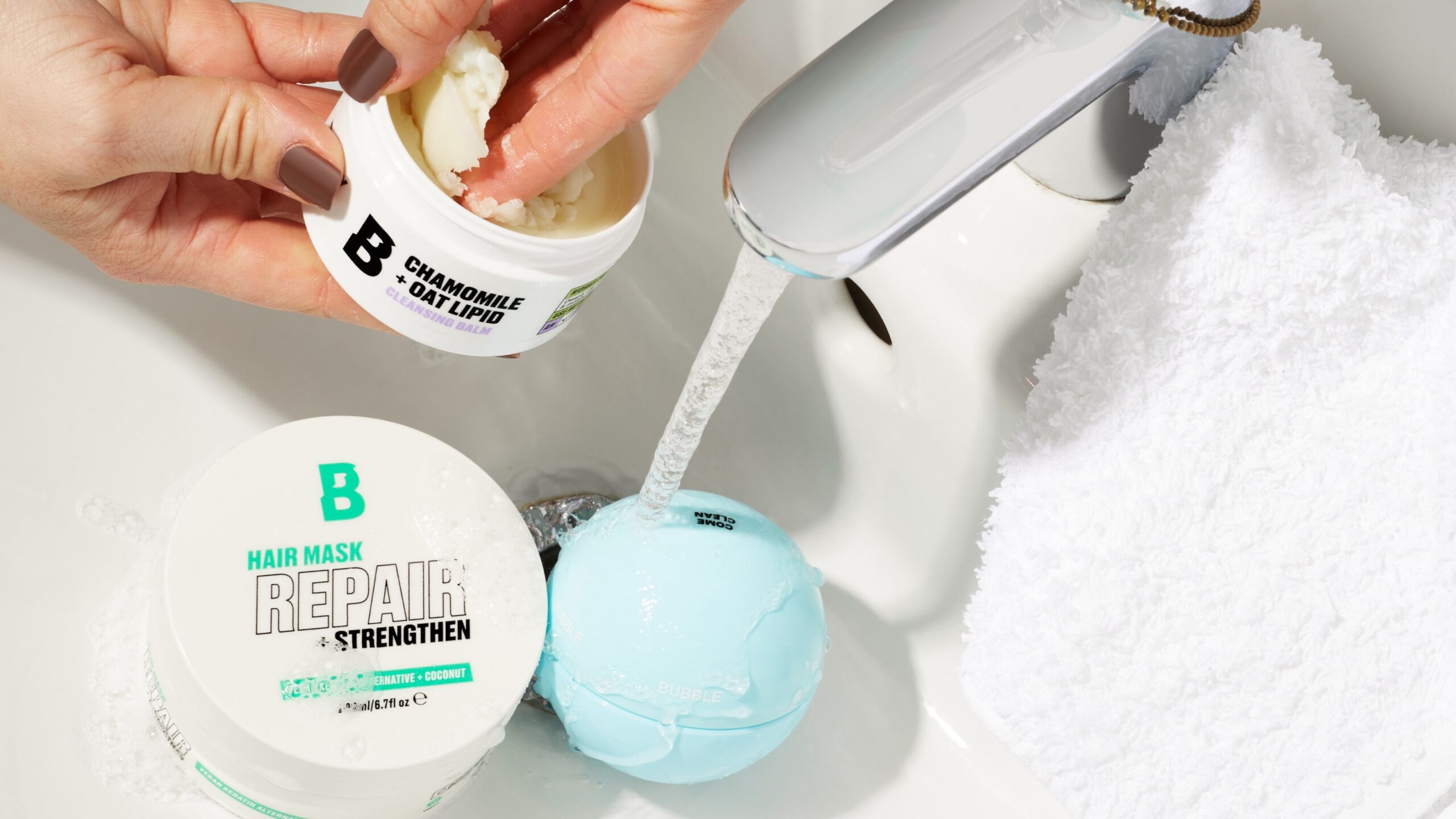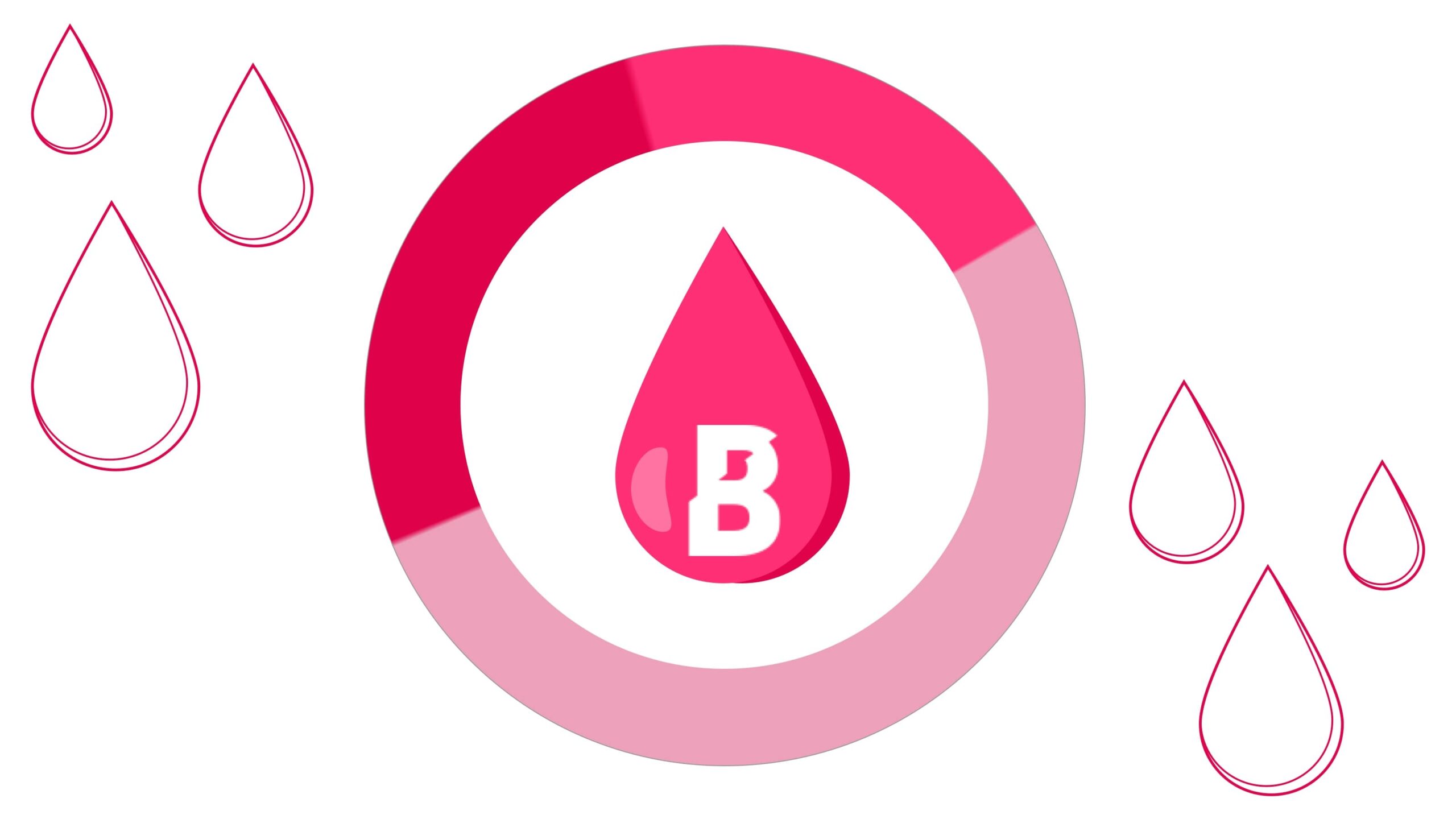Holiday Beauty Essentials You Need This Summer
By Kate Sowerbutts, 24th June 2025
How to Have a Glow-Up: The Skincare & Beauty Essentials
By Melissa McPhillips, 13th March 2025
The 12 Best Vibrators, According To You
By Ashleigh Bamber, 31st January 2025
Perfume Gift Sets For Every Scent Lover
By Pooja Haja, 28th November 2024
Last Minute Gifts For Beauty Obsessives
By Amalia Smith, 22nd November 2024
How To Use A Gua Sha
By Amalia Smith, 24th August 2024
This Is How Your Monthly Cycle Affects Your Skin
By Grace Day, 4th May 2024
What Are The Best Supplements To Take?
By Kate Sowerbutts, 22nd February 2024
12 Everything Shower Essentials
By Chloe Loizou, 16th January 2024
These Are The Best Times Of The Month To Do Your Beauty Treatments
By Grace Day, 13th January 2024



